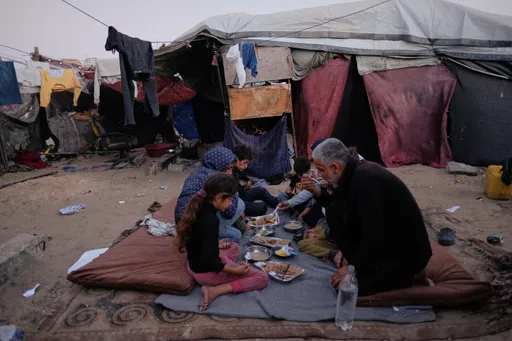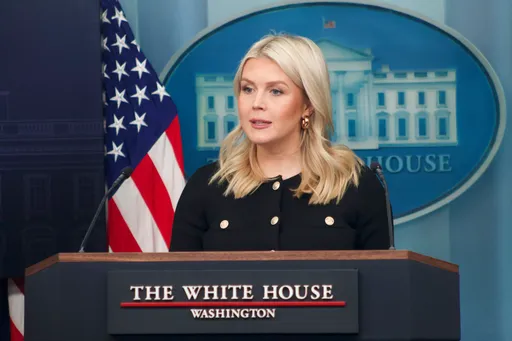Vogue Italia has produced its first issue of the new year and decade with an eye on sustainability, substituting fashion illustrations for photographs in an effort to reduce the environmental impact associated with staging fashion photoshoots around the globe.
Editor-in-chief Emanuele Farneti said the January issue was believed to be the first time a Vogue magazine has gone photo-less since photography was invented. In his editorial, Farneti said the initiative was part of Vogue’s new environmentally focused mission statement, which was articulated last month and signed by the editors of all 26 editions of the Conde Nast publication.
Farneti said Vogue Italia's September issue, typically Vogue’s biggest of the year, showed how large a fashion magazine’s carbon footprint really is and what was conserved for this month's production.
“One hundred and fifty people involved. About twenty flights and a dozen or so train journeys. Forty cars on standby. Sixty international deliveries. Lights switched on for at least 10 hours non-stop, partly powered by gasoline-fueled generators. Food waste from the catering services. Plastic to wrap the garments. Electricity to recharge phones, cameras…,” he wrote.
Vogue Italia’s January issue features eight different illustrated covers that involved no travel and articles about clothes that are “reborn” from scrap fabric and hand-me-downs.
Farneti said the savings from producing an issue without costly photo shoots would go toward restoring a Venice student foundation that was severely damaged by high tide floods in November.
The fashion industry has been increasingly going green, with experts saying luxury consumers, in particular, are willing to pay more for sustainable garments and items that don’t exploit workers.
Last year, the McKinsey & Company consultancy projected that the global garment industry would expand by two-thirds by 2030 and be responsible for one-quarter of the global carbon footprint by 2050 compared to 2% in 2015.
In December, Vogue’s 26 editors penned a new mission statement vowing to celebrate diversity, community and to preserve the planet.























